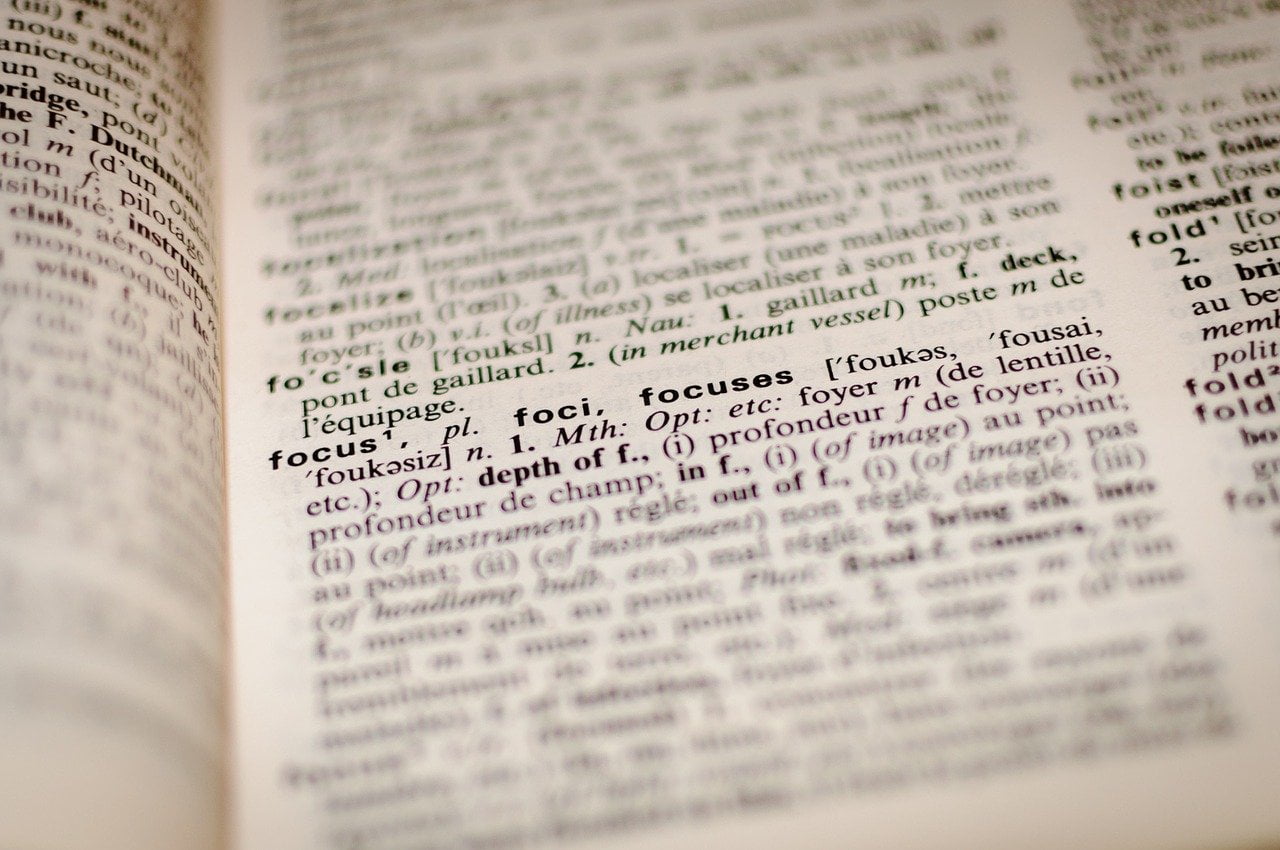
How to Play Drums Like Yourself
On the road to developing as a drummer, I think it’s important to nurture a our own drumming style as part of our musical self-expression. For me it’s ultimately our influences that shape our style. As Ralph Peterson puts it, one must imitate and assimilate what we absorb in order to innovate and arrive at our own style.
That said, I also believe it’s not just other drummers and musical preferences that influence our playing. Our wider environment, personality and other factors play as big a role. In this article, we look at how to play drums like yourself by breaking down some elements that constitute style. By the way, if you’d like to explore this topic in more detail, check out my drum lessons and get in touch!

What is style…
The Oxford Dictionary (OUP, 2013) defines style as a “particular procedure by which something is done”. The Merriam Webster Dictionary (2013), similarly, defines it as “a distinctive manner of expression”.
These definitions suggest a series of steps we must take in order to achieve something. Consequently, these steps I believe are influenced by our anatomy, minds and emotions. These will affect our groove perception, fills, feel, and technical approach.
So in the context of how to play drums, your drumming style can be personal. This is because it’s mixture of specific elements of our playing that separate it from somebody else’s (yet not necessarily everybody else’s).
… And how do I find and develop it?
In my opinion, possibly the easiest way to find your style is by simply jamming (to a song or solo) instinctively. Be mindful of what and how you play, trying not to play any too specific. Filming / recording yourself might be a good thing to try to review your performance!
Understanding how your playing differs from someone else’s begins with self-awareness. When reviewing your performance, ask yourself things like:
How busy is my playing?
How is my time in relation to the beat?
Am I replicating what I’m hearing in my head?
What are my dynamics like?
These questions can act as a good platform to dive deeper. The devil is in the detail, and that’s exactly where we start unravelling the essence of individuality; in the inconsistencies. Below are a few considerations:
Dynamics
Our dynamics make up a huge part of our style as they affect the sound and tones we’re creating. Similarly, this has a big impact on our general feel, which to me has also to do with our accent choices. An interesting thing to think about is perhaps how smooth and even are our crescendos are! To me these have a big impact in creating musical tension, so how smooth are yours?
Time
Where on the beat we play is a great tell for whether we like to push, or lay back. This really affects how we feel music, and can be very specific to the individual. Similarly, that push and pull (differences in tempo) between sections to mark different feels can be very personal.

Technique
How is your technique helping you achieve what you want to play? Whilst there’s ultimately no right or wrong as long as you get the desired results, there are universal principles that will benefit your playing. Inspect how you play from a technical point of view! What are things that are holding you back?
Technique is also a big piece of the puzzle in getting the right sounds (i.e. the sounds you want) from your drums! From your grip, posture, breathing, foot technique, etc, all these things make up how to play drums like yourself.
Tunings & equipment
We should most certainly not overlook our gear and how we tune our drums! The way our gear sounds is influenced by the shell material, cymbal quality, drum heads, sticks… Everything little piece of the puzzle adds up to create your sound.
So, what influences style?
I believe our how we play drums is largely influenced by our personality traits and how we feel. These traits and emotions are amplified and manifested through our playing. So, why not ask ourselves what each of our personality traits say about our style? Are you obsessive, non-conformist, passionate, introverted? This might be a great exercise to help you discover yourself, and therefore develop your drumming!

Wrapping it up!
So, whilst our influences do determine what and how we play, our personalities help us express these influences. Self-awareness can help us analyse, and therefore deconstruct and, subsequently should we want to, reconstruct our playing to reinforce, improve, or change our playing. The way I see it, in order to effectively do this, we need to think of the big principles of drumming (i.e. Time, Technique, Coordination, Musicality, Reading). Keep an open mind when analysing your playing!
Thanks for reading, and if you’re interested in my drum lessons, check them out here, and get in touch! While you’re at it, check out my book Concepts which was written with drumming self-expression in mind!
Originally published in May 13th, 2013 by Drummer Cafe. Read the original here.

